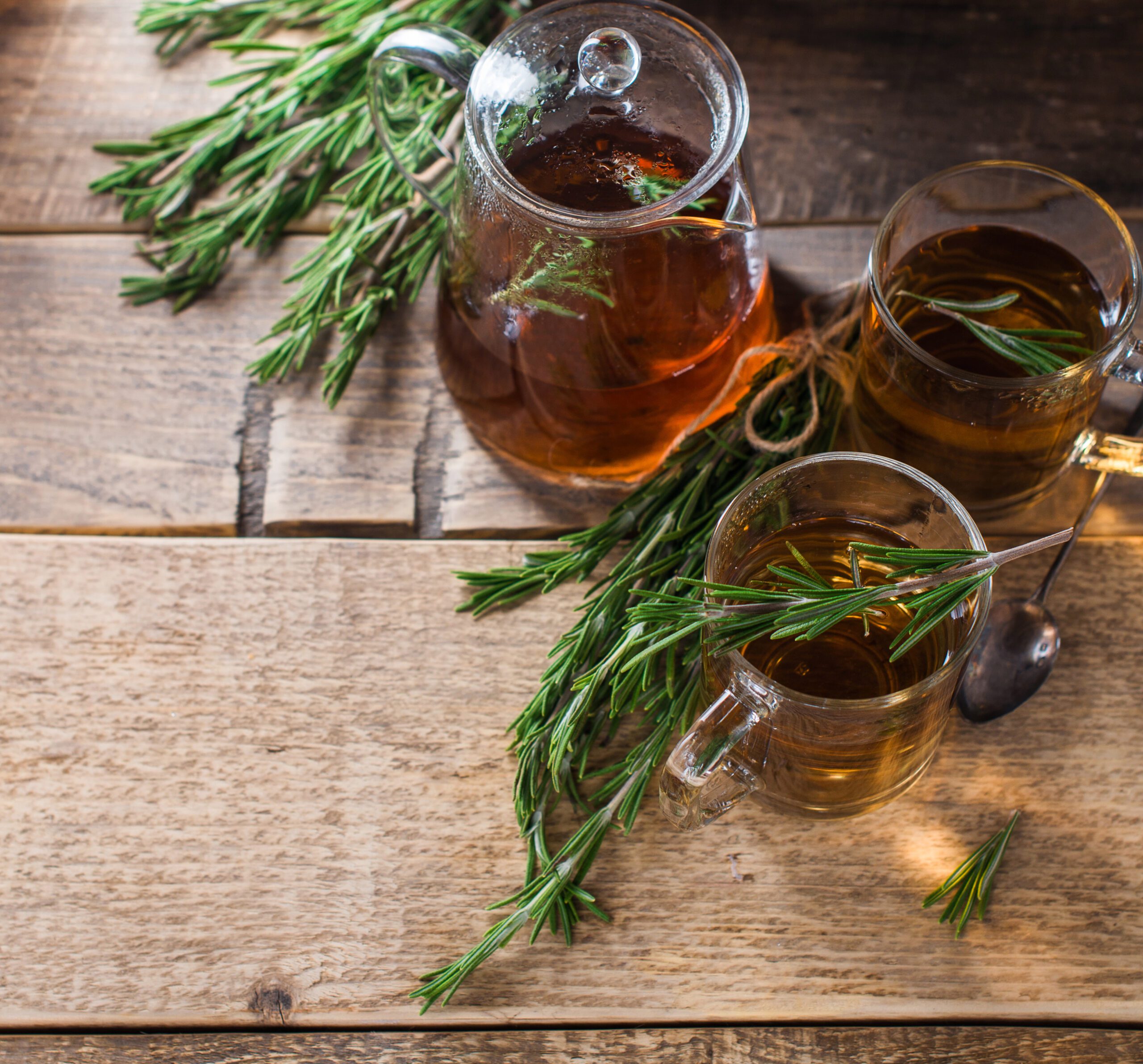The Marvel of Kombucha: Its Perks Spanning Digestive Wellbeing, Immunity Boost, Potential Anti-Cancer Traits, and Weight Management
June 14, 2023
 1137
1137 
Written By: Jack Riess, certified NASM personal trainer and lifelong scholar of health/longevity research.
Discovering kombucha, the effervescent, tangy and slightly sweet beverage, a decade ago was nothing short of a revelation.
Ever since, I’ve been hooked to this flavorful drink which rejuvenates me and injects a dose of vigor into my daily routine. The distinct, exotic taste and the resulting energy surge are enough to make any day better.
Recently, kombucha has surged in popularity and has won over hearts across the globe. With myriad brands to choose from, it’s found everywhere from your local grocery stores to hipster cafes. While its health benefits, such as improving skin health and possibly combating cancer, are widely touted, many still require thorough scientific backing.
Kombucha’s roots trace back to Asia where it has been consumed for thousands of years, and was once considered the “immortal health elixir” by the Chinese. This fermented concoction is brewed using black or green tea, sugar, and water, with the addition of a “SCOBY” (symbiotic culture of bacteria and yeast) to aid in the fermentation process.
The SCOBY gobbles up most of the sugar and a bit of the caffeine, while transforming the tea into a tangy, lightly carbonated beverage filled with vinegar and other acidic compounds, traces of alcohol, and a plethora of healthful components.
Throughout the fermentation, the SCOBY, which bears a resemblance to a floating mushroom, generates b-vitamins, enzymes, acetic acid (akin to apple cider vinegar), gluconic and lactic acid, along with a host of beneficial probiotics.
This medley of yeast and bacteria acts as a bio-chemical powerhouse, yielding amino acids, enzymes, antioxidant-rich polyphenols, antibiotic-like elements, and a plethora of phytochemicals beneficial to health. Scientific investigations on kombucha have indicated its potential in:
Moreover, it’s believed to aid with acne, anxiety, arthritis, eczema, hair growth, hangovers, and more.
However, it’s important to note that human trials for these assertions are still sparse.
A 2014 study in the Journal of Medicinal Food revealed some substantiated health advantages of kombucha, stating:
“Kombucha can efficiently act in health preservation and recovery due to four main properties: detoxification, anti-oxidation, energizing potencies, and promotion of boosting immunity.”
Let’s unpack these properties:
Detoxification
Kombucha’s role in purifying, particularly the liver, is well recognized. It is documented to decrease the levels of detrimental toxins that can inflict harm on the liver. Its acetic acid content also wards off undesirable bacteria and yeast, thus acting as a robust anti-fungal and antibacterial agent against pathogenic bacteria and harmful yeasts, such as Candida.
Energy Surge
Consuming kombucha can feel like flipping on your body’s power switch. The fermentation of black tea creates iron and B vitamins, enhancing the hemoglobin in the blood, and thereby, boosting oxygen supply throughout the body. The result? A refreshing, energetic feeling.
Digestion Aid
The concentration of acid, probiotics, and live enzymes in kombucha supports digestion, proving to be beneficial for those suffering from digestive disorders like leaky gut, irritable bowel disease, celiac disease, food allergies, and imbalances caused by factors such as poor diet or antibiotic use.
Immunity Booster
Kombucha’s profusion of antioxidants helps fortify the immune system. These antioxidants come from black tea, which is rich in the polyphenols EGCG, ECGC, etc., known for their immune-boosting and disease-fighting abilities.
Cancer
Research indicates that kombucha’s antioxidants, including glucaric acid, may stave off the growth of cancerous cells, though human trials are still needed to substantiate these claims.
Weight Control
With its ability to enhance metabolism, kombucha may help in controlling weight. The acetic acid it contains aids in weight loss by suppressing appetite, lowering blood sugar, and reducing insulin levels.
Mood Enhancement
Though the mechanisms are not fully known, kombucha has been reported to relieve anxiety and depression. Likely, the cocktail of antioxidants, polyphenols, and beneficial bacteria contribute to its mood-enhancing properties.
Probiotics in Kombucha
Kombucha is teeming with beneficial bacteria, such as:
With that said, kombucha may contain harmful organisms. It’s crucial to maintain cleanliness when brewing your kombucha at home. Pregnant individuals or those with a weakened immune system should abstain from kombucha.
My Kombucha Homebrew Recipe
Unleash the potential of kombucha by brewing it at home. Here’s my go-to recipe:
Steps:
The fermentation duration alters the kombucha’s profile. A shorter fermentation retains more sugar and caffeine, while a longer one will give a sour, fizzy brew brimming with antioxidants, enzymes, and probiotics.
Jump aboard the kombucha train and relish the numerous benefits this potent elixir offers!
Breakthrough natural supplement with no bad side effects works better and safer that Ozempic? READ HERE

A new study suggests that a widely used sugar substitute found in diet sodas, chewing gum, and low-sugar yogurt may elevate insulin levels. This could increase the long-term risk of heart disease. “Artificial sweeteners have infiltrated nearly all types of food, making it crucial to understand their long-term health effects,” said Yihai Cao, senior author […]

Diet Coke has long been a fan-favorite among soda lovers who want a fizzy, guilt-free alternative to traditional soft drinks. While its zero-calorie, zero-sugar label makes it seem like a healthier option, the reality is far more concerning. Despite its undeniable popularity, Diet Coke’s nutritional profile has raised red flags among health experts for years. […]

New study shows that embracing an anti-inflammatory, plant-forward diet can support cognitive function and help reduce the risk of dementia. What You Eat Shapes Your Brain The food you eat doesn’t just impact your body—it also affects your brain. Research suggests that eating an anti-inflammatory, plant-based diet can help improve memory, focus, and overall brain […]